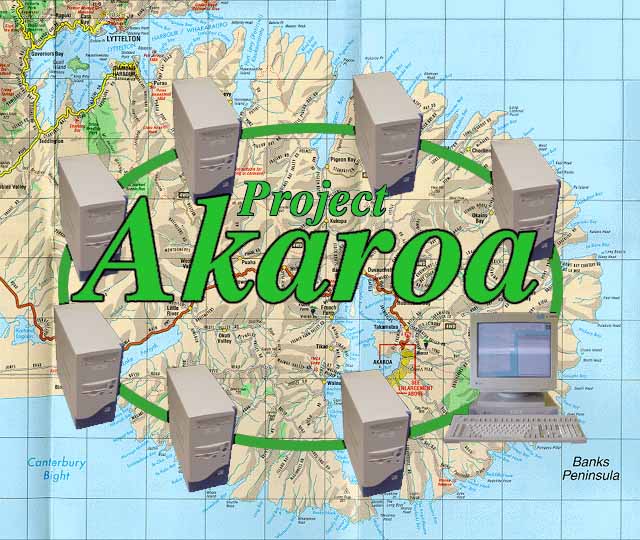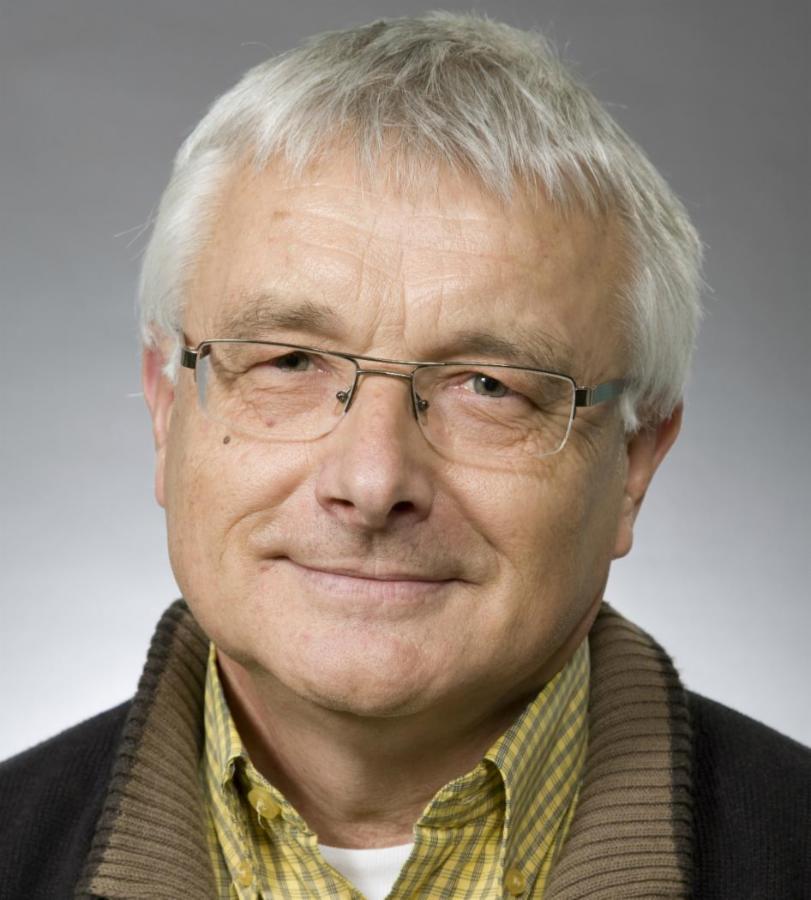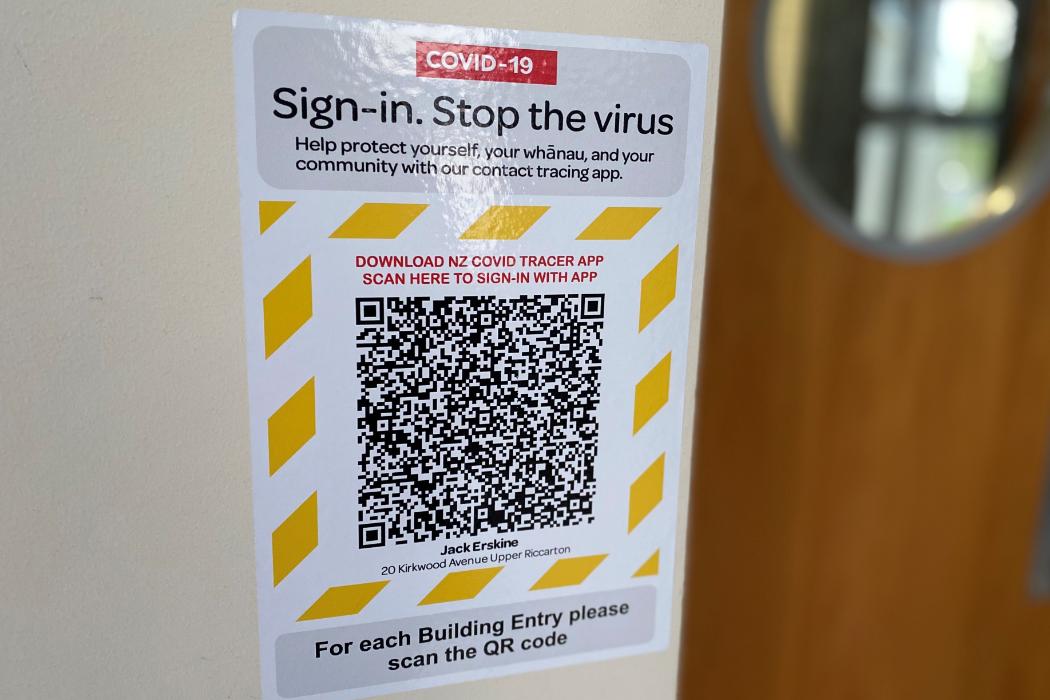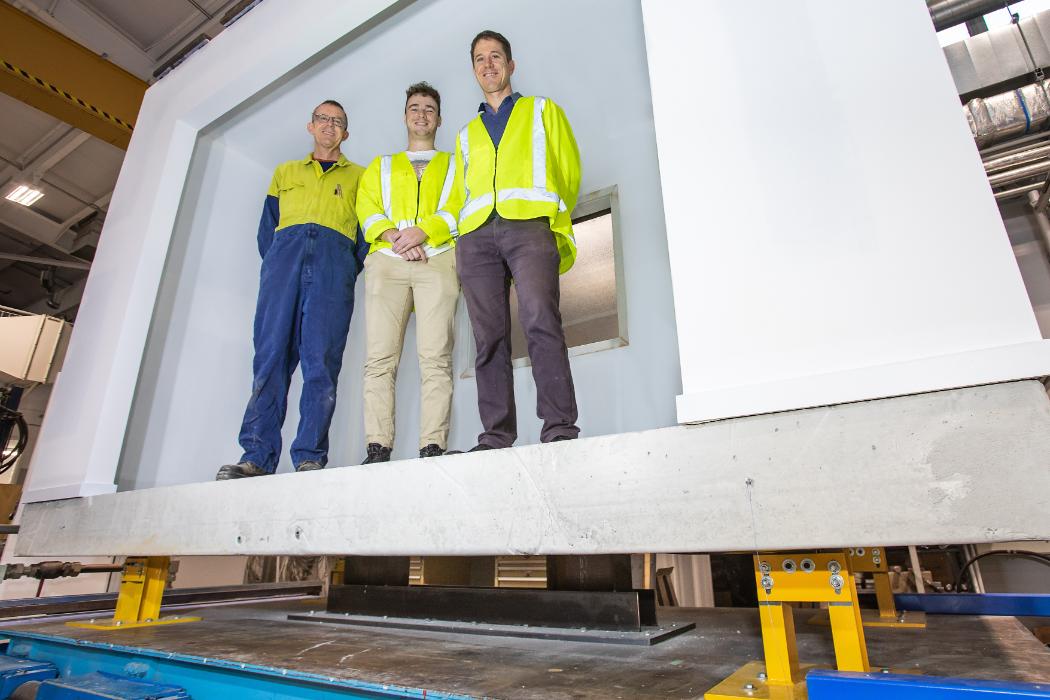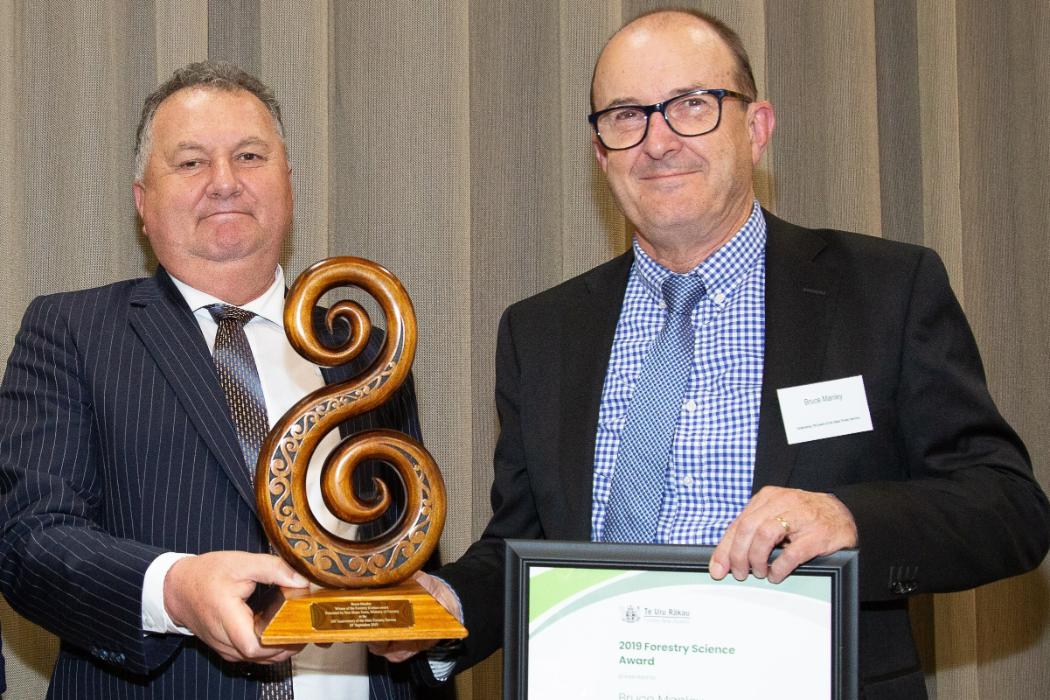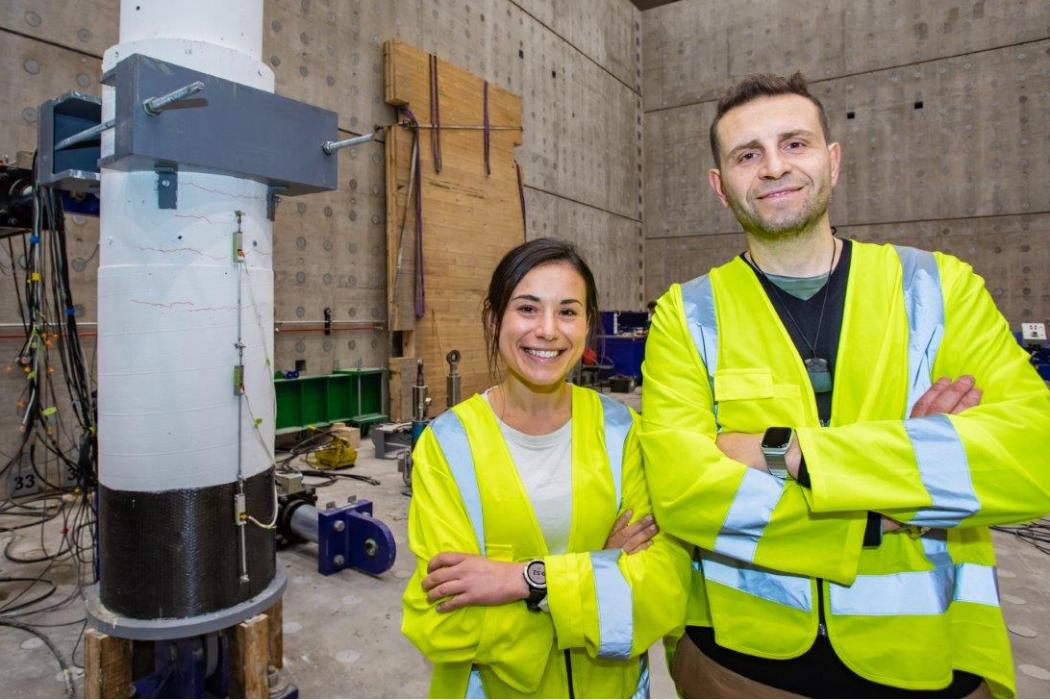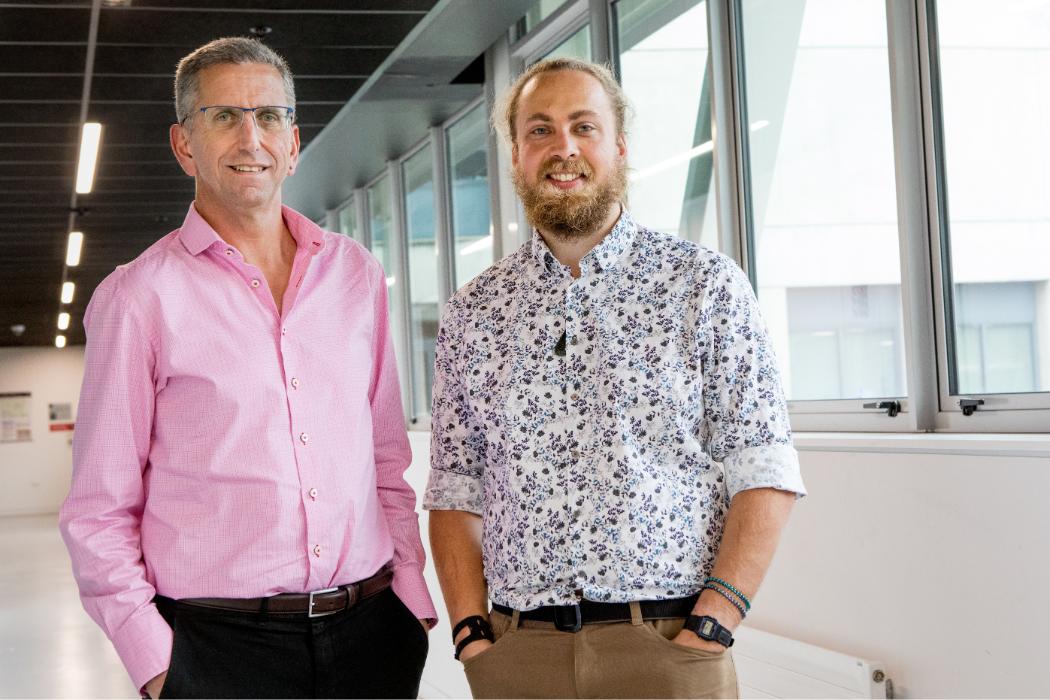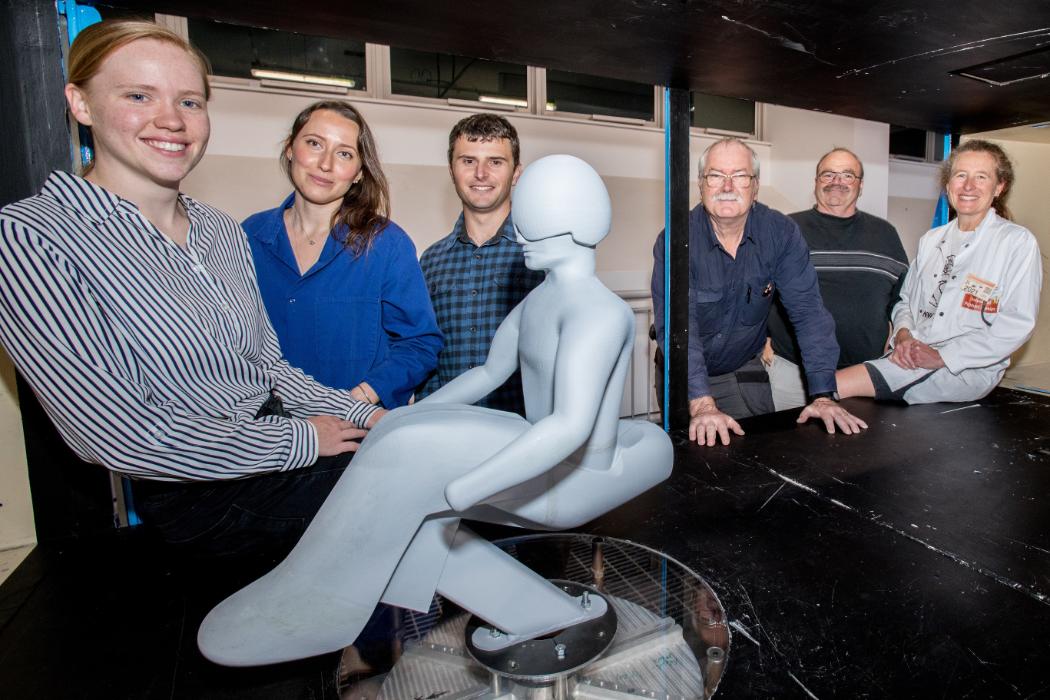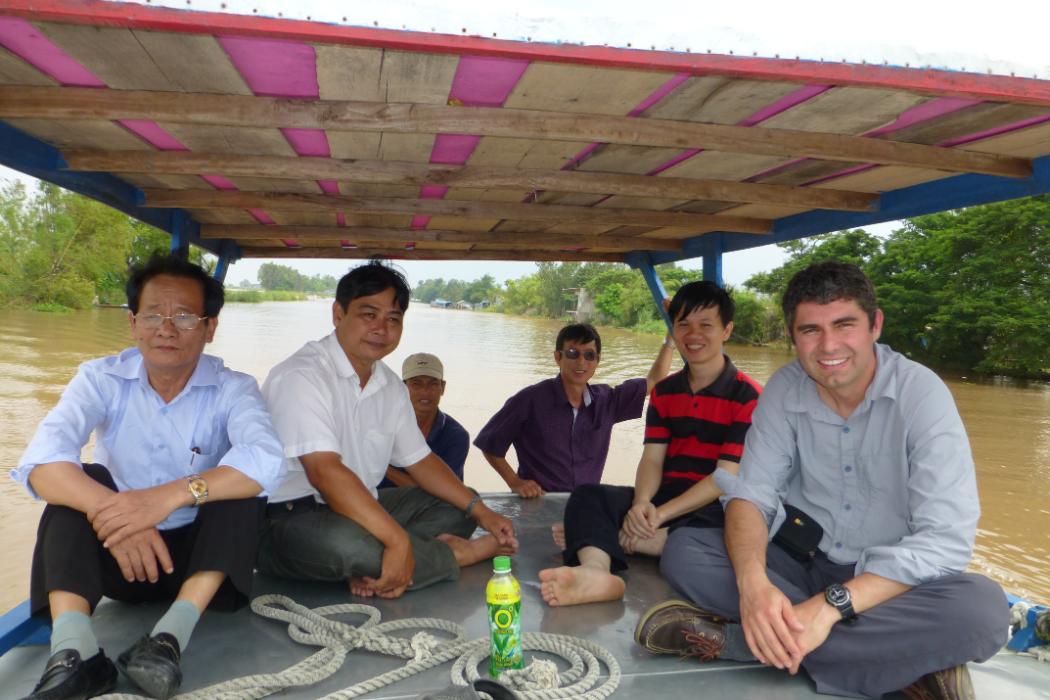The research group was formed in 1990. Research of the group has covered many different spects of quantitative stochastic discrete-event simulation (DES), as well as modelling of Internet’s teletraffic and other multimedia telecommunication networks. The main goal is to develop methods for automated sequential DES that should produce statistically accurate final results. The methods developed are being implemented in Akaroa2 a unique automated controller of distributed stochastic DES that automatically launches and controls multiple processors (simulation engines) while running replicas of simulation. The first version of Akaroa2 received an international commendation in Science Category in the 1993 Computerworld Smithsonian Award, USA, as the first full-scale implementation of the concept of grid processing. Its documentation has been archived by Smithsonian Museum of American History in Washington, D.C. Akaroa2 automatically executes fast distributed stochastic DES in Multiple Replications in Parallel (MRIP) scenario.
Other research topics include studies of generators of distributed streams of pseudo-random numbers (PRNs) for applications in parallel DES, modelling of streams of Internet’s teletraffic, and PRN generators of teletraffic.
Research Topics
Possible topics of research projects in the area of quantitative DES include:
- New sequential estimators for automated output data analysis during MRIP scenario of quantitative stochastic simulation (rare events, density functions)
- Statistical properties of MRIP simulation and Variance Reduction techniques;
- Sequential analysis of heavy-tailed data and/or data from self-similar processes during steady-state simulation;
- Applications of MRIP on PlanetLab and other networking testbeds


